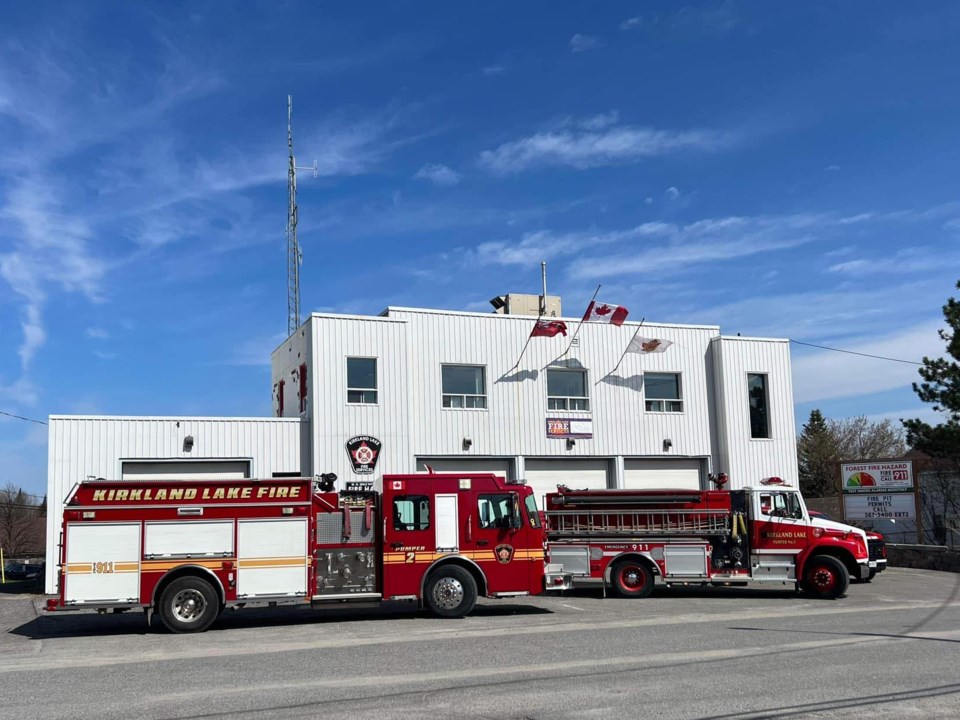KIRKLAND LAKE - The Town of Kirkland Lake could spend nearly $12.5 million on department vehicles.
During the town’s regular council meeting on Aug. 15, Kirkland Lake council received a 10-year fleet management replacement plan that shows a total cost of $12,434,000. The cash would be spent between 2023 and 2024, with different amounts budgeted each year.
Some of the categories noted include roads, water, airport, enforcement, building, landfill, parks and recreation and cemetery.
CAO Alan Smith said the report will help council establish an efficient distribution of funds during annual budget deliberations.
“The fleet management replacement plan is to be applied as a guide to forecast capital expenditures over the next decade,” the report states.
“This recognition by council of the overall fleet needs of the corporation will ensure the preservation of service delivery by departments in the reliability of a well-maintained fleet.”
In 2023 the estimated cost is $1.35 million, with $500,000 of that going towards an aerial ladder truck in mid-September for fire services, Smith said.
Following Smith’s presentation, Coun. Rick Owen said while he’s been pushing for a fleet management plan for a long time, what was presented fell short of what he was hoping for.
“I was hoping for a computerized system when every time the town vehicle or piece of equipment goes in for repairs, it's entered into that system and the costs are recorded so that when department directors put in their request for vehicles, council and the department directors have hard data on which to base the justification for the replacement of the equipment,” he said.
“Age is one factor, but it's only one factor. It's good to think ahead, but there's no hard data involved. So to me, this is a wish list as opposed to a plan.”
Similarly, Coun. Casey Owens said for their current council as well as future councils it would be great to see some concrete data.
“Like, if this truck is used so many hours, for example. What (is) the truck is actually used for? If we could have some kind of software track what these people are doing and what they're used for, beyond just the repairs,” he said.
Owen agreed with the councillor.
“Are the vehicles we are using really the right vehicles for that job? Do we really need that many vehicles? Which falls into what councillor Owens was getting at,” said Owen.
Another point of concern noted by Owens was the future of electric vehicles.
“I think especially in terms of our carbon footprint and the price of gasoline, that in some cases maybe we don't need a full-size pickup truck or maybe we don't need a pickup truck at all. We could use an SUV,” he said.
“Down the road, I suspect we will be forced into going to either electric or hybrid vehicles. I think we should start planning ahead for that.”
